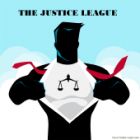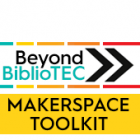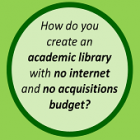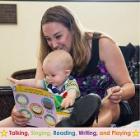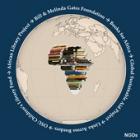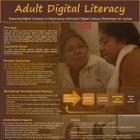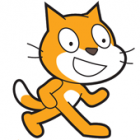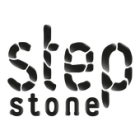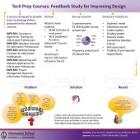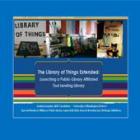
The Library of Things Extended: Launching a Public-Library Affiliated Tool Lending Library
In collaboration with the Hillsboro Public Library, the information problem is how to craft an extension of the current non-traditional collection – the “Library of Things” – into one of the few tool lending libraries affiliated with a public library affiliated. To solve this problem, I assisted from research on waiver verbiage to targeted marketing and strategic planning. I have been on the ground floor of a new community resource, a part of the origin story of a burgeoning force in public libraries, a pivotal opportunity to provide an innovative, yet essential service. The “Library of Things” is a service model expanding libraries’ lending capabilities beyond books. Public libraries embrace and exemplify this emerging feature of the “sharing economy”. Talk of the sharing economy tends to revolve around flashy startups which disrupt markets. Yet public libraries were sharing before it was cool: lending materials to people who, in some sense, collectively own them yet may not otherwise be able to afford them. The sharing service model evokes a sense of community, resonates with cultivating genuine connections and lasting engagement.


